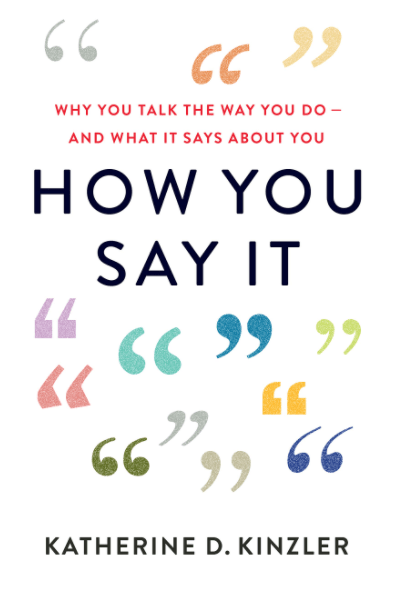News and Media
How You Say It
Why You Talk The Way You Do – And What It Says About You
Now available, Houghton Mifflin Harcourt.
A groundbreaking examination of how speech causes some of our deepest social divides—and how it can help us overcome them.
We gravitate toward people like us; it’s human nature. Race, class, and gender shape our social identities, and thus who we perceive as “like us” or “not like us.” But one overlooked factor can be even more powerful: the way we speak. As the pioneering psychologist Katherine D. Kinzler reveals in How You Say It, the way we talk is central to our social identity because our speech largely reflects the voices we heard as children.
General audience pieces and interviews
Often, It's Not What You Say, But 'How You Say It'
NPR All Things Considered

Babies Watching People Eat
The New York Times

Studies Suggest Multilingual Exposure Boosts Children's Communication Skills
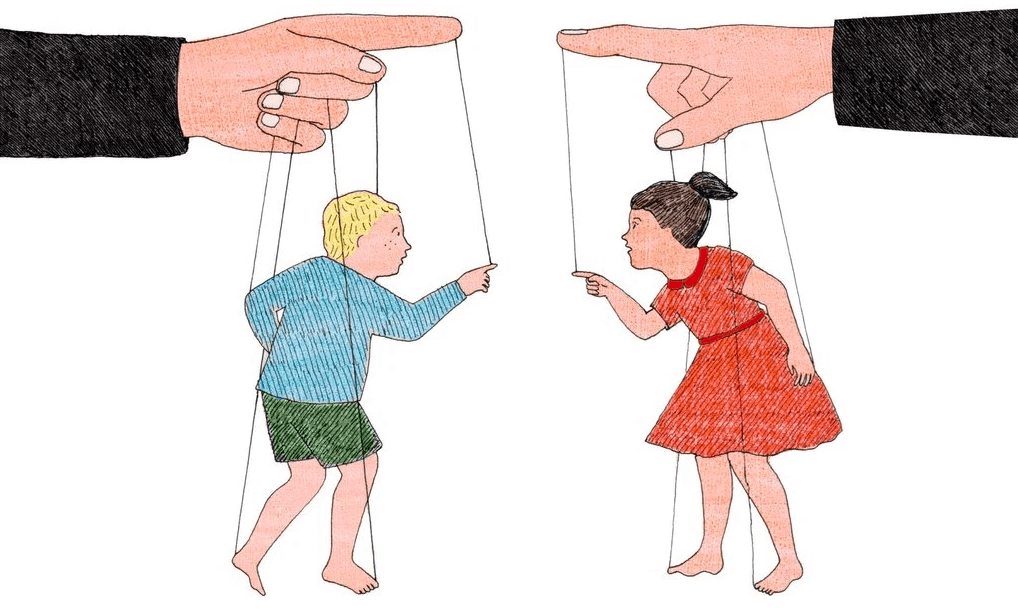
How Kids Learn Prejudice
The New York Times

A Psychologist Explains How The ‘Ostrich Effect’ Traps You In Ignorance
Forbes

University Of Chicago Research Reveals Why We Avoid Useful Information
Therapy Tips
Why it is critical to talk to your kids about abortion rights
Scientific American
Were French People Born to Speak French?
Scientific American
The Superior Social Skills of Bilinguals
The New York Times
Related: Student Question | Should Everyone Learn at Least One Other Language

Why I Don't Want My Daughter to Learn about US Presidents
The Hill

Do Children in France Have a Healthier Relationship With Alcohol?
The New York Times
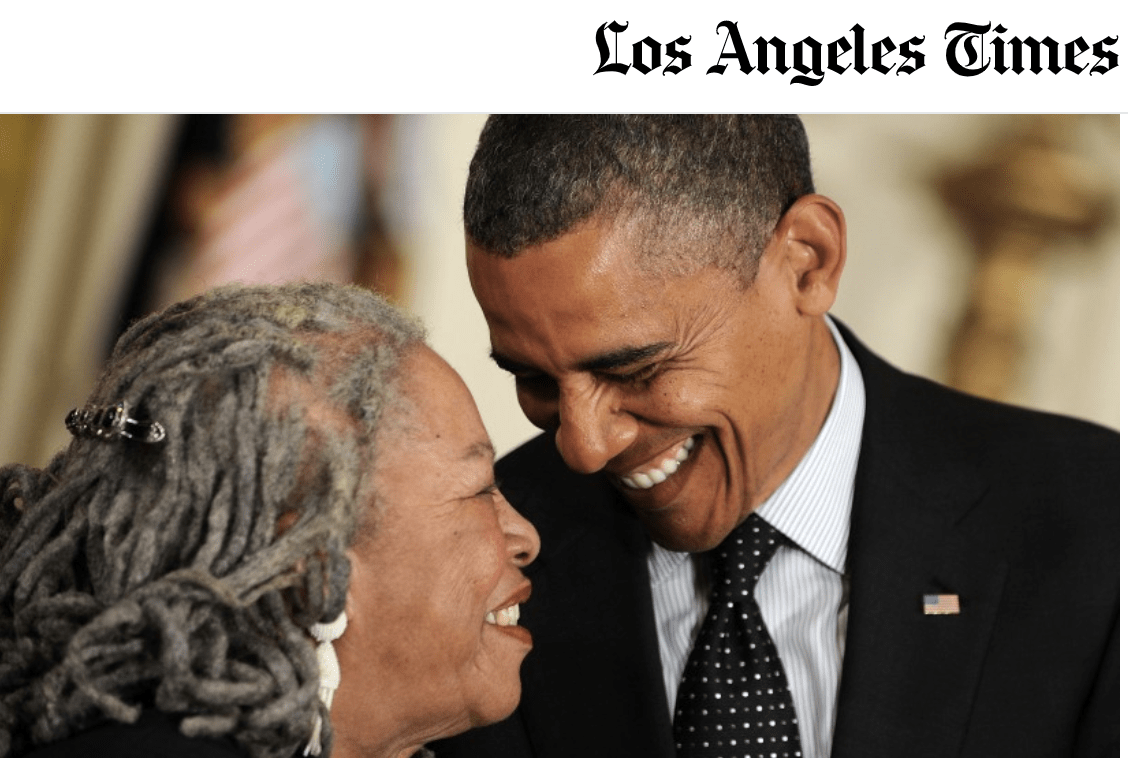
Bias against African American English speakers is a pillar of systemic racism
The LA Times
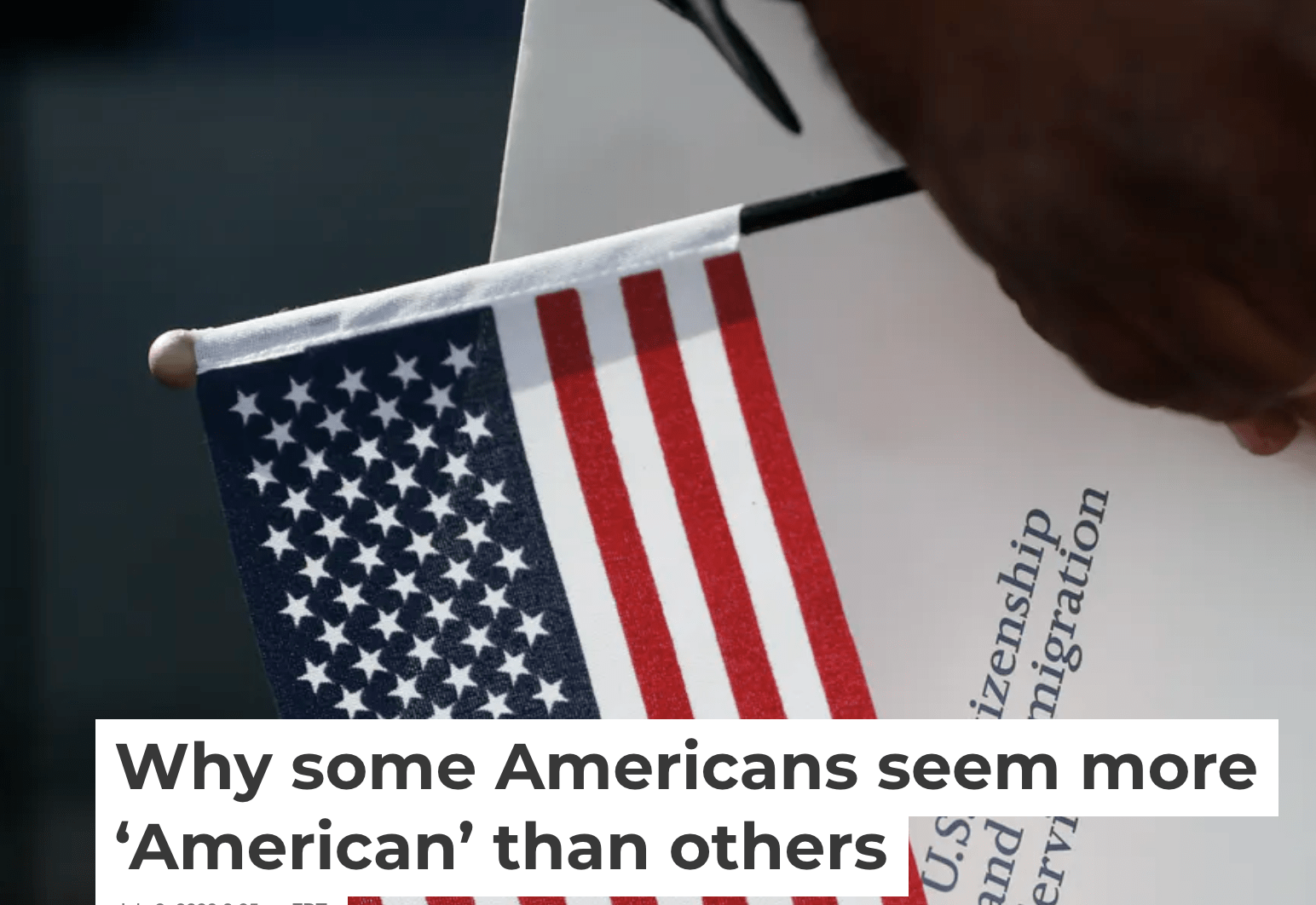
Why Some Americans Seem More 'American' than Others
The Conversation

Ways to Promote and Foster Collaborative Research in Your Lab
Nature Career Column
A Cornell psychologist explains how to raise kids well in the age of Trump
Quartz

The Link Between Multilinguals and People Skills

Habituation: a concept that should be more widely known
Edge
MEDIA COVERAGE
Why Making Your Diet Part of Your Identity Is Bad For Your Health - And Society
The Washington Post
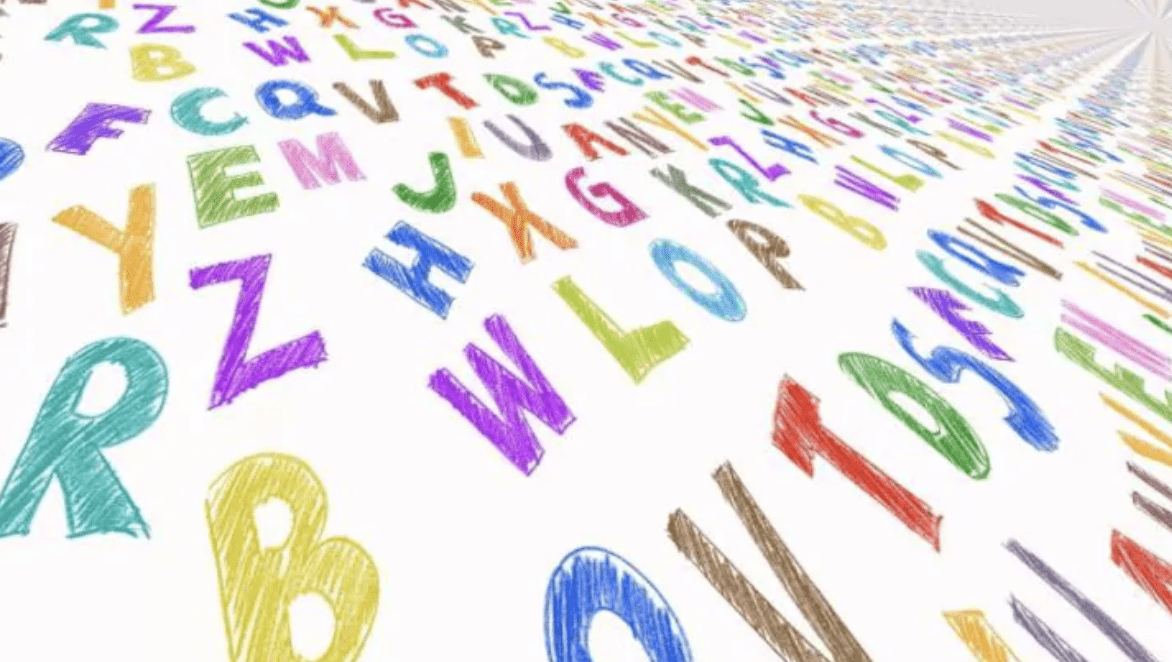
What We Talk About When We Talk About Talking
Money Control

Parenting in the Time of the Coronavirus
Psychology Today

What Your Facebook Network Reveals about How You Use Your Brain
Scientific American

Babies Show a Clear Bias—To Learn New Things
The Wall Street Journal

2018 Merrill Scholars Honor Their Teachers, Mentors
Cornell Chronicle
Emily Jones, senior thesis student with the DSC Lab, selected as 2018 Merrill Scholar by Cornell Uinversity. Professor Kinzler named as her most influential Mentor

From Collards To Maple Syrup, How Your Identity Impacts The Food You Like
NPR
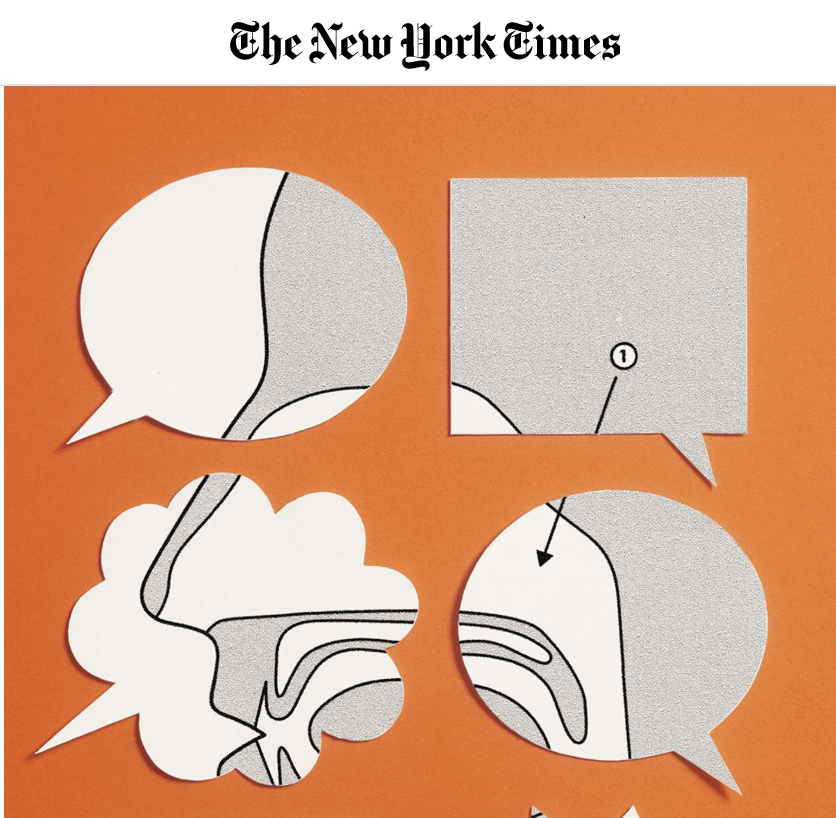
The Biases We Hold Against the Way People Speak
John McWhorter, The New York Times Book Review
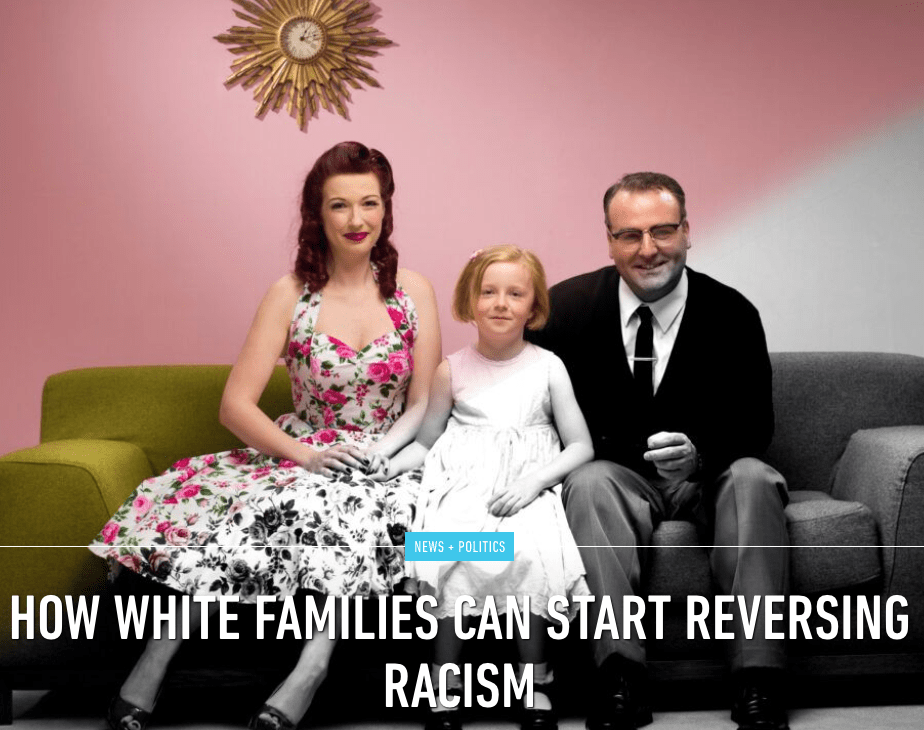
How White Families Can Start Reversing Racism
Dr. Kinzler cited in OZY

Staples: Dabo Swinney, Ed Orgeron and the value of never losing their voices
The Athletic
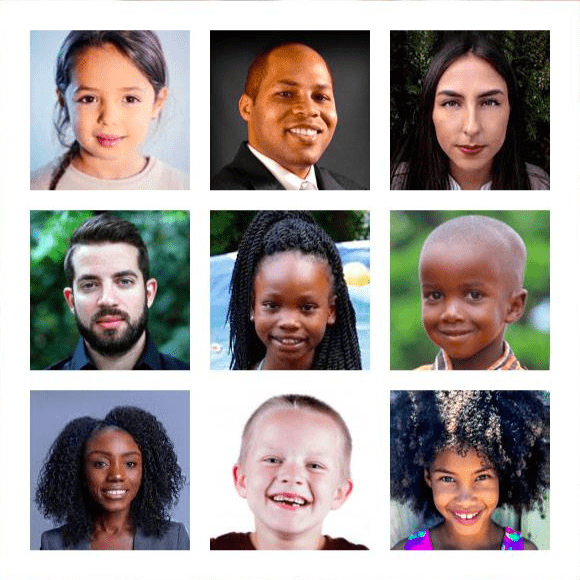
Sister, Neighbor, Friend: Awareness of Multiple Roles Boosts Kids' Performance
Duke Today
Children Exposed to Other Languages Are Better at Understanding Other People
Quartz

Young Scientists of 2017
Katherine Kinzler recognized as a Young Scientist of 2017 by the World Economic Forum, one of 52 Scientists from around the world under the age of 40.

Should Kids Learn Multiple Languages in School?
SILive

Do You Want Children Who Are Smarter and Have Superior Social Skills? Science Says Do This
Inc.

Southern Accents Are ‘Nice,’ Northern Accents Are ‘Smart’ and ‘In Charge,’ Even to Little Kids
Chicago Magazine

How the way we talk both unites and divides us
UChicago News

Spring Clean Your Conversations with Your Kids
Real Simple

Mind What You Eat, Your Baby is Watching You
Hindustan Times

Baby Food for Thought
The Current, UC Santa Barbara

What Does Your Accent Say About You?
BBC Future
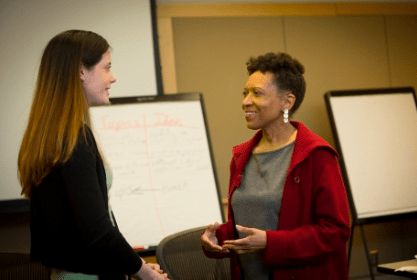
Diverse Faculty Shift National Discourse One Op-Ed at a Time
Cornell Chronicle

Babies Chew on Subtle Social, Cultural Cues at Mealtime
Cornell Chronicle

Use These Psychology and Screenwriting Tricks to Sound Like a Genius TV Character.
Inverse
More Stories
- Chicago Magazine: Diversity in Children’s Books is Hard to Find, But Important. Katherine Kinzler cited. 25 June 2015.
- The Chicago Maroon: Study shows bilingual children are better communicators. Katherine Kinzler cited. 21 May 2015.
- Psychology Today: Multilingual Environments Enrich Our Understanding of Others. Katherine Kinzler cited. 13 May 2015.
- International Business Times: Kids Exposed To Multiple Languages Are Better Communicators: Study. Katherine Kinzler cited. 5 May 2015.
- New Republic: A person’s accent can change your perception of what he’ is saying. Katherine Kinzler cited. 23 September 2014.
- Medical Daily: Babies Can Tell Friend From Foe At 9 Months: How Infants’ Gaze Helps Their Social Cognition. Katherine Kinzler cited. 9 January 2014.
- Blogging Heads: The Mind Report. Katherine Kinzler and Joshua Knobe interviewed (video). 8 June 2013.
- New Scientist: Voice almighty: Decoding speech’s secret signals. Katherine Kinzler cited. 10 July 2013.
- The Huffington Post: Why Do Southern Drawls Sound Uneducated To Some? Study Suggests Media Exposure Plays Role. Katherine Kinzler cited. 9 December 2012.
- Daily Mail U.K.: New study shows how some Americans start to associate a Southern accents with lack of intelligence as early as AGE FIVE. Katherine Kinzler cited. 8 December 2012.
- The New York Times: Insights in human knowledge, from the mouths of babies. Katherine Kinzler cited. 30 April 2012.
- Association for Psychological Science: Observer: APS Rising Star, Katherine Kinzler. 27 December 2011.
- Futurity: Language may trump race for young kids. Katherine Kinzler cited. 6 December 2011.
- The Wall Street Journal: Basic Human Nature: Can It Be Changed? Katherine Kinzler cited. 5 November 2011.
- National Science Foundation: Moral Responses Change as People Age. Katherine Kinzler cited. 2 June 2011.
- Scientific American: Accents trump skin color. Katherine Kinzler cited. 1 March 2010.
- Chicago Tribune: Babies Say ‘No’ to Talk with Accents, Study Finds. Katherine Kinzler cited. 17 July 2007.
- The University of Chicago Chronicle: Faculty receive endowed chairs. Katherine Kinzler joins the faculty as Neubauer Family Assistant Professor. 5 September 2008.

